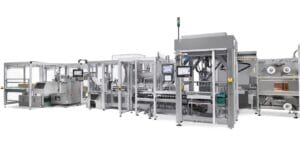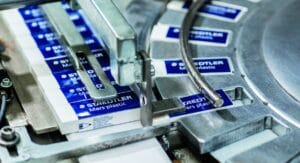
Digital watermarks for the automatic sorting of packaging are seen as a beacon of hope for the circular economy. Now the HolyGrail 2.0 initiative has announced the successful end of the test phase of a recognition device for such watermarks.
The Digital Watermarks Initiative HolyGrail 2.0, driven by AIM – European Brands Association and powered by the Alliance to End Plastic Waste, has achieved a significant milestone with the successful validation, after semi-industrial testing mimicking real-life conditions, of the prototype detection unit for digital watermarks. The results show that the digital watermark technology can achieve more granular sorting of packaging waste at scale, such as developing separate food and other new PCR streams that currently do not exist (e.g. for cosmetic or detergent applications). This would open up new recycling streams, effectively overcoming limitations of current near-infrared (NIR) sorting technologies, and drive a true circular economy for packaging.
Consistent high results across all tested categories of plastic packaging material of 99% detection, 95% ejection and 95% purity rates, on average, demonstrate an impressive performance of the first prototype. Developed by the machine vendor Pellenc ST and the digital watermarks technology supplier Digimarc, the detection unit is now ready for industrial-scale pilots, which are planned to start later this year. Details on industrial partners and packaging scope will be released at upcoming conferences.
Industrial-scale pilot projects coming soon?
„We have achieved our objective of proving digital watermarks can increase intelligent sorting of packaging waste at scale, enabling new recycling streams that currently do not exist. This would be a fantastic leap forward in achieving the EU recycling goals,“ remarked Michelle Gibbons, Director General of AIM. „Innovation and digital are the core drivers towards the Green Transition and this has been brought to life through HolyGrail 2.0. The engagement across the value chain by dedicated experts and teams to get to this point has been remarkable; now, market participants can decide to be part of industrial-scale pilots, to test this at an even bigger scale in Europe.“
„The completion of the semi-industrial trials is a very important milestone in the HolyGrail 2.0 initiative. We are one step closer to making intelligent waste sorting a reality through digital watermarks,“ said Jacob Duer, President and CEO of the Alliance to End Plastic Waste. „The HolyGrail project is an excellent example of how engaged and committed businesses coming together around a very clear goal can accelerate the development of new solutions. As we move into the next stage of in-market demonstrations, we strongly encourage more businesses and partners to join us in scaling up testing and adoption.“
Source: AIM
More packaging news

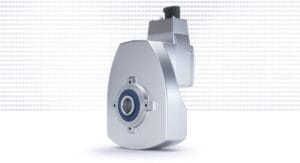
Asynchronous servo solutions for the packaging industry
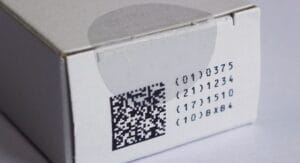
Label Durability
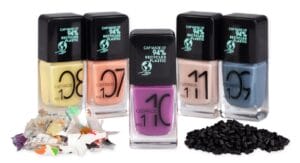
More design for recycling for cosmetics packaging
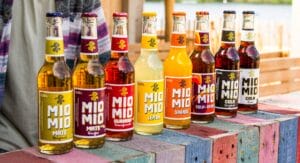
Innovation Barometer 2024
